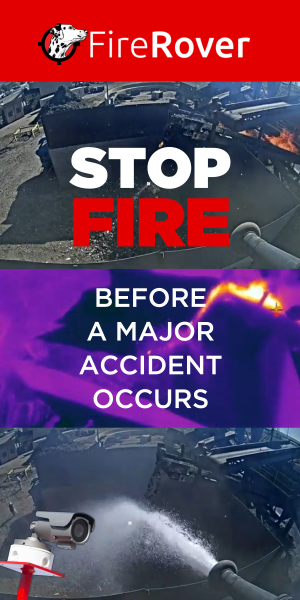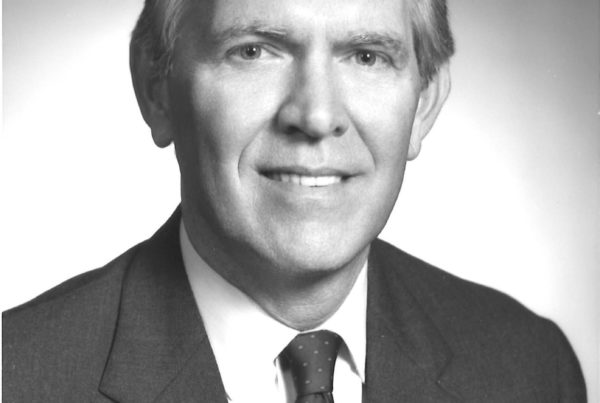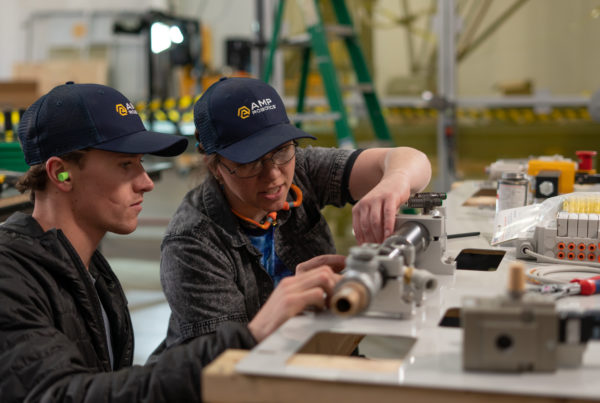This week’s Industry Voices is condensed from ISRI Chair Brian Henesey’s Aug. 4 address to the National Conference of Legislatures’ 2022 Legislative Summit in Denver.
It is an honor to share some highlights on the recycling industry’s public education outreach efforts. As legislatures and ISRI work together to develop best practices for recycling policy, I cannot think of a more relevant and essential focal point than public education specific to the needs and challenges of recycling.
ISRI represents residential and industrial recycling. We are recyclers of all sizes—several of whom are also multigenerational family businesses—who own and operate recycling facilities staffed by local operators, engineers, and technicians. Every day we go to work to provide a renewable source of high-quality materials for everyday items and essential infrastructure.
 My company, Rocky Mountain Recycling, is in Commerce City, Colo. RMR Recycling serves the needs of hundreds of hundreds of industrial accounts throughout the front range, plains, and mountains surrounding the Denver area. Our motto is “Recycling with Integrity,” and we achieve this through responsible and ethical environmental standards, including providing an easy and accessible way for the public to recycle all forms of metal as we preserve and protect the environment for future generations.
My company, Rocky Mountain Recycling, is in Commerce City, Colo. RMR Recycling serves the needs of hundreds of hundreds of industrial accounts throughout the front range, plains, and mountains surrounding the Denver area. Our motto is “Recycling with Integrity,” and we achieve this through responsible and ethical environmental standards, including providing an easy and accessible way for the public to recycle all forms of metal as we preserve and protect the environment for future generations.
More Than an Industry
Recycling is more than an industry. It is a resource; it is a way of life; it is sustainability; it is something we all can do. Recycling is a vital solution to help combat climate change and build environmental equity. The more people understand recycling and how it works—and what it takes—the better we can be individually, as a community, as a society, and as a planet. We all have important parts to play.
ISRI is partnering with:
- Legislators and stakeholders to develop policies to promote recycling.
- Individuals and communities to help them sort and recycle more.
- Consumer brands and large companies to help them recycle more, use recycled materials, and design their products to be recycled more easily.
Recycling is a high tech, highly innovative, and scientific industry. Given the continued advances in our industry, ISRI understands the importance of connecting recycling with education at all levels. Everything you see and use today, and every advance you see envisioned for the future, relies on recycling to guard our sustainable future. From Teslas to TVs, bridges to biometric healthcare equipment, it all reaches recyclers.
One public education effort ISRI is eager to share with you is the industry’s K-12, STEM-based education program. This program focuses on integrating science, technology, engineering, and mathematics principles into public education. The students of today are the recyclers of tomorrow who will ensure that sustainability continues and Earth benefits. You may be sitting across the family dinner table from a future recycling professional.
Teaching for the Future
ISRI has partnered with the nonprofit JASON Learning to develop step-by-step lesson plans that teach the science of recycling for teachers in each grade. I am particularly proud of this program because, like recycling, it is about our future and is designed to meet the high demand for K-12, STEM-based curricula. The benefits of educating children more about recycling are countless:
- They learn about recycling and want to recycle with their parents right at home.
- They may become interested in STEM careers and grow up to be scientists or engineers who develop ways to recycle products that we would never dream of being able to recycle today.
- Today’s students could be tomorrow’s state legislators who develop sound policies to secure a sustainable future.
- Best of all, the ISRI-JASON Learning curriculum is free to every teacher.
We partner with groups like NCSL and the National Lieutenant Governors Association (NLGA) to educate the public through their elected officials, such as promoting the K-12 STEM curriculum to help get the program introduced and into public schools. Partnerships such as these are crucial.
A healthy recycling infrastructure requires innovation, investment, and participation from all stakeholders. Recyclers take this responsibility seriously. Recycling companies like mine are engaging within their communities to educate the public by example.
Recyclers are opening our doors with facility tours in our neighborhoods so the public can see recycling in action. Recycling companies are engaged in community building activities that range from company-led Earth Day campaigns to using recycling yards as training areas for local government workers like firefighters and police officers.
Attracting New Talent
The ISRI Sustainability Pathways Program launched just this year. Specifically targeting underrepresented groups, this program works directly with students attending Historically Black Colleges and Universities (HBCUs), Native American Colleges and Universities (NACUs), trade schools, and community colleges. Participating ISRI member companies across the United States are offering paid fellowship, internship, and/or apprenticeship opportunities for current students and recent graduates.
ISRI also has established a Young Executives Council (YEC) to encourage and support recycling professionals with careers in recycling.
ISRI is the Voice of the Recycling Industry™, and we are happy to share expert resources, commentary, background, testimony, and graphics and visuals. I ask policymakers to reach out to our association about timely topics such as the economy and supply chain, because the recycling industry touches every citizen in some way. Working together, we can recycle more material, develop new innovations, and, over time, become less dependent on scarce resources.
Recycling touches every part of the U.S. economy. It is essential to achieving sustainability and moving toward a circular economy.
Primary photo of Colorado State Capitol courtesy of State of Colorado. Body photo of Brian Henesey courtesy of ISRI.










